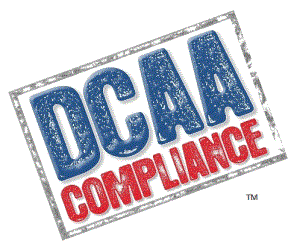March 20, 2013
We should never forget the majority of DCAA auditors are dedicated individuals serving their country. These dedicated individuals are betrayed by the bureaucracy that surrounds them.
In the twenty plus years I worked with DCAA I encountered brilliant professionals time and time again. The vast majority of times the auditors built a strong case for their findings. I may not have agreed, but I respected their work.
It is important to remember that part of the problems DCAA faces at the moment is symptomatic of the auditing profession in general. Andrew Carnegie, a leader in implementation of cost accounting, is said to have opposed the creation of the CPA because he believed business owners would lose control of their books. Arthur Andersen opposed the federal government’s attempts to force his firm to audit foreseeing the very problems that eventually led to the destruction of the firm bearing his name.
Many auditor jokes express the challenges confronted by auditors:
Q: What’s an auditor? A: Someone who arrives after the battle and bayonets all the wounded.
Q: Why did the auditor cross the road? A: Because they looked at the work papers and that is what they did last year.
The problems inherent in audit are not the only challenges confronting DCAA. Leadership, past and current, seems to be struggling with a way out of the crisis ongoing since identified in 2008.
Past leadership, confronted with the possibility of being replaced by outside auditors, decided to reduce their hourly costs (according to the 2009 GAO report) to make this unattractive to Congress and the Administration. How does one do this? The easiest way is to not pay, not train, and not supervise. This makes the young auditor’s chance becoming the best even more of a challenge.
Not surprising, the same GAO report identified retention as another issue confronting DCAA. There is some speculation that some of the auditors who did not abandon the DCAA work environment are now supervisors and training the new auditors. These survivors are now supervising and training without the chance to have ever developed the skills they themselves required. The institutional knowledge DCAA built over decades as the finest costs accountants in the world is now lost or greatly diminished.
As I wrote a few months ago, I do not believe any responsible taxpayer wishes a world without DCAA, but I am seeing this more and more as a possible future.
